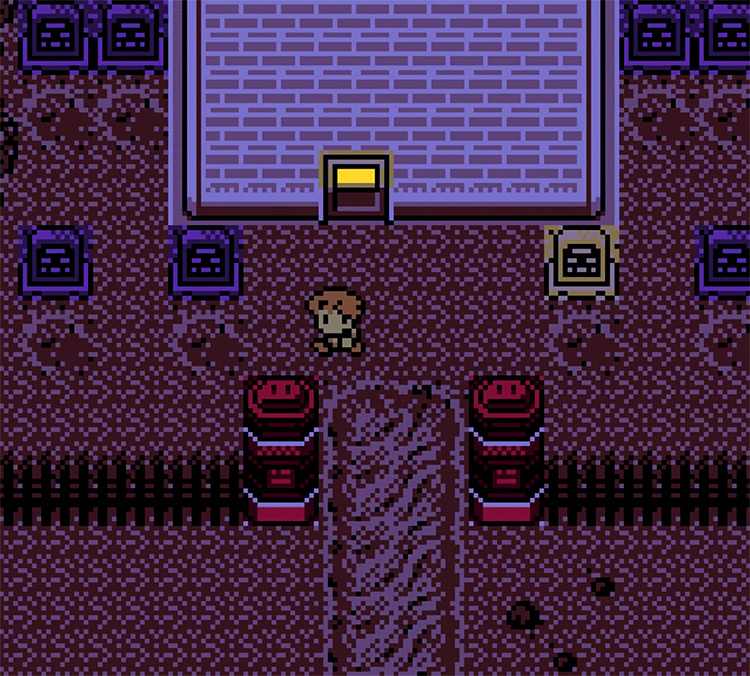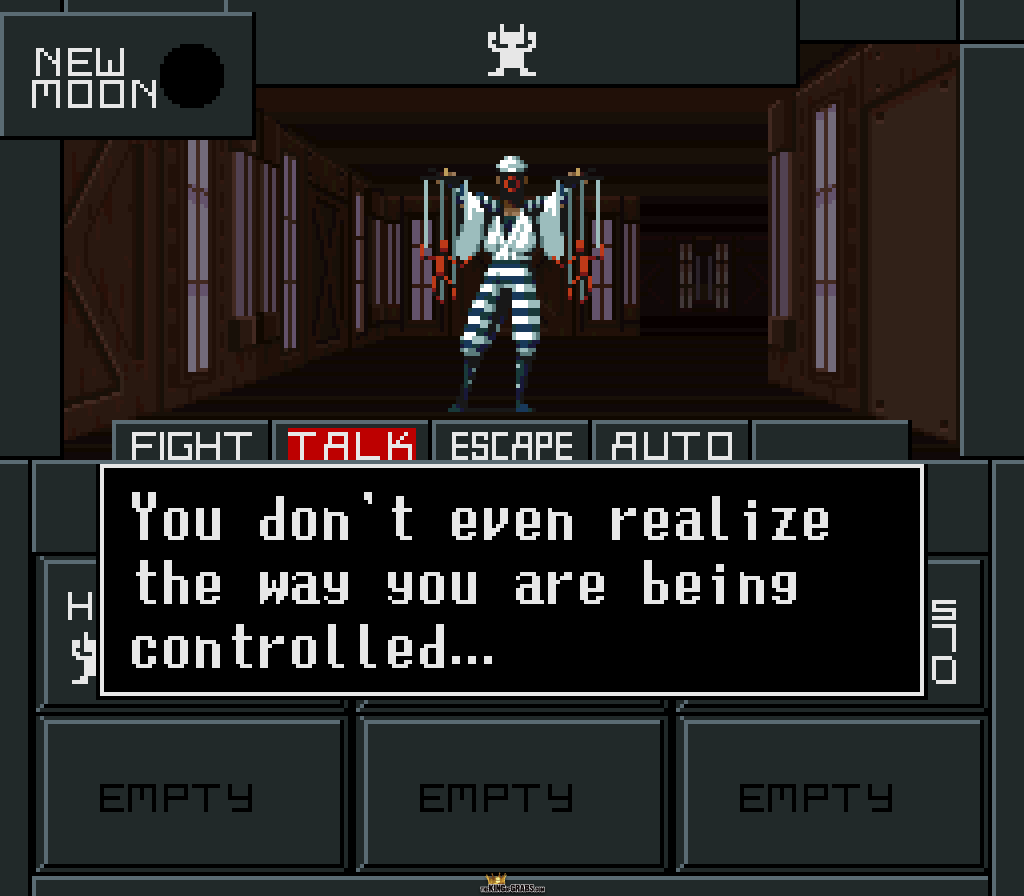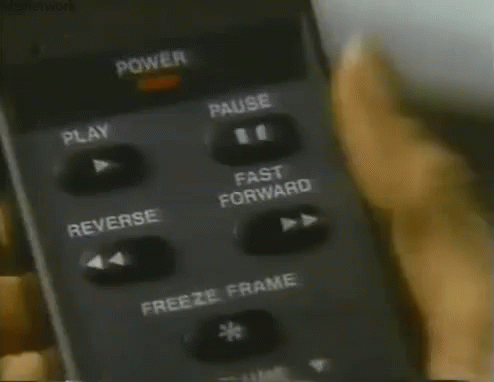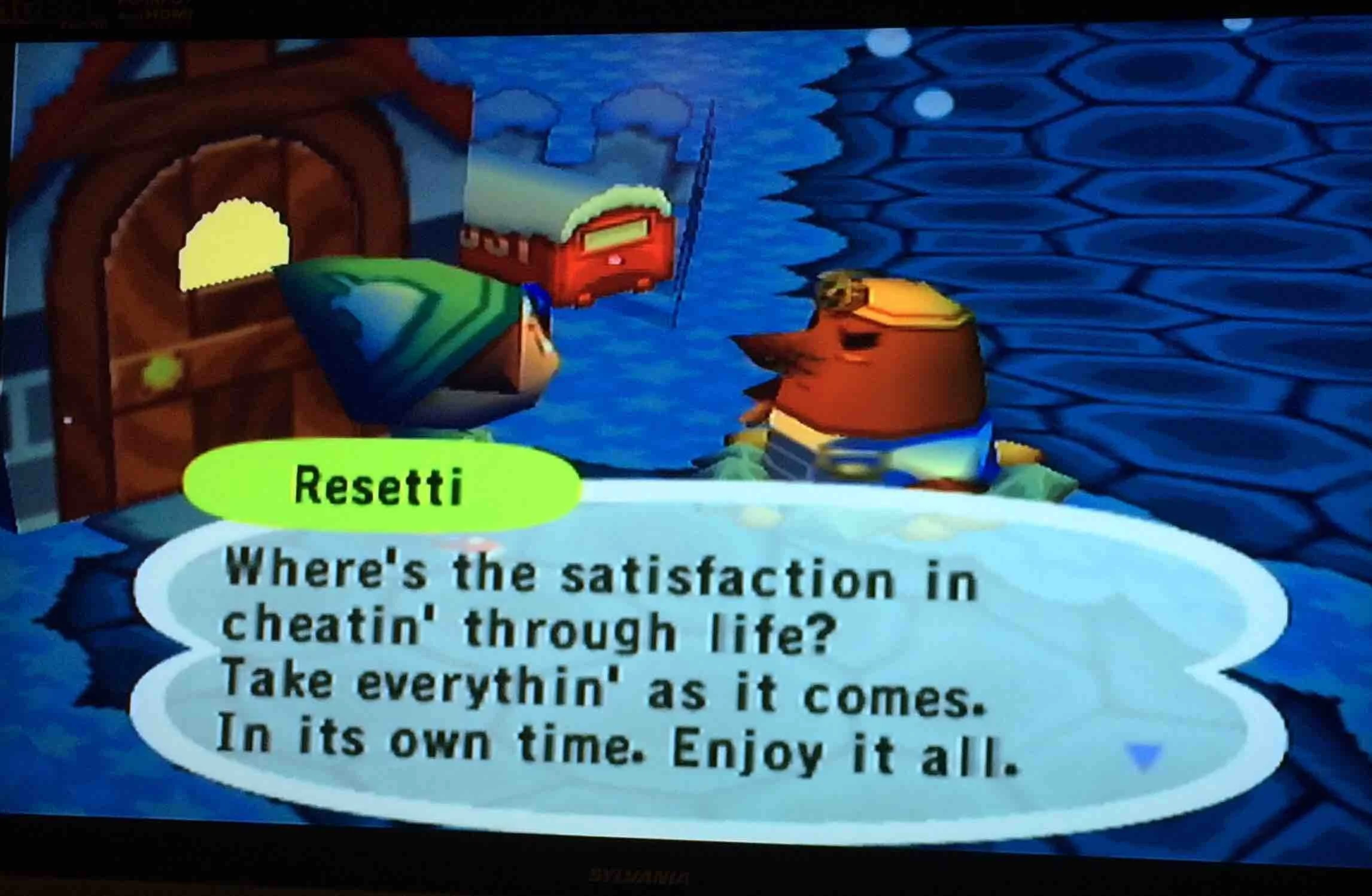It's been ages, but I can loosely remember passively training up my Pokemon while also catching up on the cable shows I'd recorded in the afternoon when I was younger, but I recently tried replaying that same game (Pokemon Crystal) on an emulator and caught myself holding down the fast-forward button to rush through battles and had to stop. Patience that came so easily as a kid now genuinely feels like a luxury.
If you've ever sped up gameplay, or multitasked during load screens, you're not alone; because in today’s attention economy, where every app, game, and streaming service is fighting to grab our focus, I’ve noticed a kind of speed culture taking root. You notice it the most with retro games like the SNES, up to at least the Playstation 2, and in my example, Pokémon; where the joy of revisiting older games meets the current urge to rush and complete every damn moment of our free time.

Why do we Revisit?
One major reason I'm drawn back to old games like the GameBoy Color era Pokémon is, well of course, nostalgia. Without rehashing words I've repeated before, I'll just say that it's no surprise that retro gaming is thriving right now, from mini classic consoles to remastered collections, as we look for that illusive feeling of being a kid again.
Why I mention Pokémon, is that for me it's that perfect example of that strong pull. I'm not going to go through Pokémon's whole history, because that's boring, and I'm sure if you're reading this, you already know, so let's take another route here. Do y'all remember when Pokémon Go came out, and that rush of catching them in the real world came felt so fun because literally everybody was playing it? (Please DO NOT PLAY IT, It's harvesting your data for AI) We know for sure that nostalgic feelings were a key reason for it's popularity and even contributed to players’ happiness and life satisfaction. Basically, revisiting Pokémon in a new way gave grown-up players a dose of what they used to feel when they were younger. We also know that indulging in game nostalgia can be psychologically beneficial, providing comfort, social connection, and a boost to your overall well-being.
They're like cosy old blankets for your soul. However, once we actually fire up these games, many of us experience a culture clash between then and now. The games haven’t changed, but we have; and after years of life conditioning us to expect instant gratification and constant stimulation, playing a slow-paced retro game can feel so... weird. And that's when the temptation arises to speed things up. Our nostalgic journey often collides with our 2025 attention span, for better or worse.

Playing at Warp Speed
To be honest, in an age of constant scrolling and 2x podcast playback it’s not surprising that we've brought the same thing to our gaming. Many of us, especially when revisiting older titles, will skip cutscenes, mash buttons to hurry through dialogue, or enable cheats and speed modifiers to cut out the “boring parts.” The idea of waiting through a 30-second unskippable animation or moving across a map on foot can feel unbearable when hundreds of other things are fighting for our attention.
The more content we have at our disposal (YouTube videos, game libraries, social media feeds), the more harder each piece of content has to compete to capture and keep our focus. Video games are no exception; they are designed to be engaging, but when a game fails to hold our attention for even a second, we know there’s a million other things we could be doing instead. So we often develop a “get to the good part” mentality, because if the fun in a game is a few minutes further ahead, why not just fast-forward (literally or figuratively) to get there sooner?
Emulators and modern re-releases have definitely enabled this behaviour. When you had to watch every cutscene, you now can play turn on that emulator and blast right through. Those level-grinding sessions or long backtracks become far more palatable when done in hyperdrive. Even official game developers have noticed players’ impatience. Many re-released JRPGs now include built-in fast-forward or turbo modes, and modern games often let you toggle off battle animations or auto-play certain segments. It’s a quality-of-life feature for players who love the games but not necessarily the slow bits. After all, why spend 60 hours on what you could accomplish in 20? Gotta go fast, as one blue hedgehog says.
This fast-forward ethos isn’t just in retro single-player games, it's also in everything else too. Binge-watching a TV series? ...You should skip the filler episodes. Playing an open-world game? Just play the story and ignore the side quests. Got a pile of games to try? Sample each one for an hour rather than sink a ton into just one. Our abundance of choice and the FOMO on the next cool thing push us to consume more content, but in a more shallow way. In the rush culture, efficiency beats immersion.
Perhaps the most explicit example of the attention economy is it's influence in mobile gaming. Many of them are built around waiting mechanics, where you have to wait X hours for your farm to yield crops or for your energy to recharge. Impatient? Tough luck... Oh but wait! They’re happy to give it to you, but for a price. It’s now expected for a lot of these games to offer purchases that let players rush through artificially slowed down game processes, effectively monetising our impatience. In this current business model, time is money quite literally, and if you value your attention highly, of course you can pay to avoid wasting it, right? It sounds convenient, but it also shows how deep the ethos of quick rewards has permeated gaming, waiting is seen as a design flaw and a hurdle to be skipped, rather than an integral part of the experience.
Yet, in the middle of all this rushing, something is lost. When we play everything at double-speed, are we really present for the experience? Sure, we might finish more games (or videos or podcasts), but the memories might blur together, and feel less potent than if we’d truly savored them. That brings me to the deeper issue here, why do we all feel compelled to rush through our leisure in the first place?

Rushing Relaxation
Gaming should be a leisure activity and a break from our other responsibilities, but even the mindset of productivity and capitalism has crept into our hobbies. We live in a time where our free time is often treated as an opportunity to get something done, even if that “something” is just finishing a Netflix series or completing a video game; which creates a paradox. We approach games (which should be fun) with the same urgency and efficiency mindset that we apply to a work project or a chore. I know we've all felt guilty at some point for not playing a game you bought, or pressured to clear your gaming backlog just to “get your money’s worth,” right?
The very concept of a gaming backlog, essentially a list of unplayed games we accumulate during sales and cheap deals, is already telling. The word “backlog” itself comes from the idea of unfinished work piling up. Instead of a trove of fun waiting for us, the backlog becomes a source of dissatisfaction, guilt, even anxiety. We worry about the games we’ve bought but haven’t beaten, feeling we’re failing some obligation as if buying a game without finishing it is some “unfulfilled transaction” of time and money. When you think like that, playing a game isn’t about enjoyment, you’re just checking it off the list.
We’re conditioned to maximise output and not “waste” resources, and that extends to how we spend our free hours. Leisure time gets framed as a resource to be optimised, and a chance to produce value (even if that value is just personal satisfaction or bragging rights for having beaten 100 games this year). We’re trapped by the capitalist tendencies that get drilling into us, and it reached a point where games start feeling like another arena to achieve and compete . The result is that even our hobbies start to feel like homework. A summer spent powering through 20-30 games just to reduce the backlog can actually leave a person feeling empty ...trust me, I know. By rushing through games for the sake of completion, I ended up exhausted and deprived of real fun, even as I achieved my goal, if you could call it that.
But you definitely can hop off board with this gamified rat race, and embrace being out of sync with the always-new, always-fast world we live in. It’s okay to take games slowly, or put them aside and come back later; basically to remember that gaming is not a job. You just need to drop the transactional mindset. If you stop seeing a video game as something you owe completion and start seeing it as optional enjoyment, the guilt and pressure can start to dissipate. In that light, having 100 unplayed games isn’t a failure at all; on the contrary, it’s a buffet of possibilities to taste when you’re in the mood. Likewise, not finishing a game isn’t a tragedy if you had fun for a while and set it down, it served its purpose. We just have to remember why we play games in the first place, which is to relax, be entertained, challenged, or moved. To feel.

Before the Game Takes You Over
Video games have always been a reflection of the times. Retro games might feel slow today, but until relatively recently, they fit our lives just fine and we had patience for the journey, not just the destination. Now, in a world of constant pings and infinite content, it’s easy to get caught in the mindset that we must rush through our fun as if it were yet another obligation. The fast-forward culture in gaming, from skipping cutscenes to literally paying to speed up gameplay is just a symptom of our era, which is the struggle to balance too much content with too little time. It’s fuelled partly by the economics of attention (because everyone wants a slice of our time) and partly by an internalised pressure that even our free time should be spent productively.
Yet, as we’ve seen, there’s a cost to fucking sprinting through what should be slow pleasures. When we treat games (or any leisure) like a checklist, we risk turning joy into just another form of work. The irony of rushing to relax is that it often leaves us even less relaxed. Fortunately, we are starting to be more aware of this trap.
So, the next time you fire up a retro game (or any game for that matter), consider leaving the fast-forward toggles alone for a while. Let yourself be that little kid again who didn’t mind wandering aimlessly in a game’s world. Sure, you could blaze through that RPG in 20 hours instead of 40, but nobody is scoring your efficiency, and nobody can every play every game. In a life full of deadlines and metrics, leisure might be one area where we can opt-out of rushing and just be present. Please try to slow down, your wallet (and your peace of mind) will thank you for it.